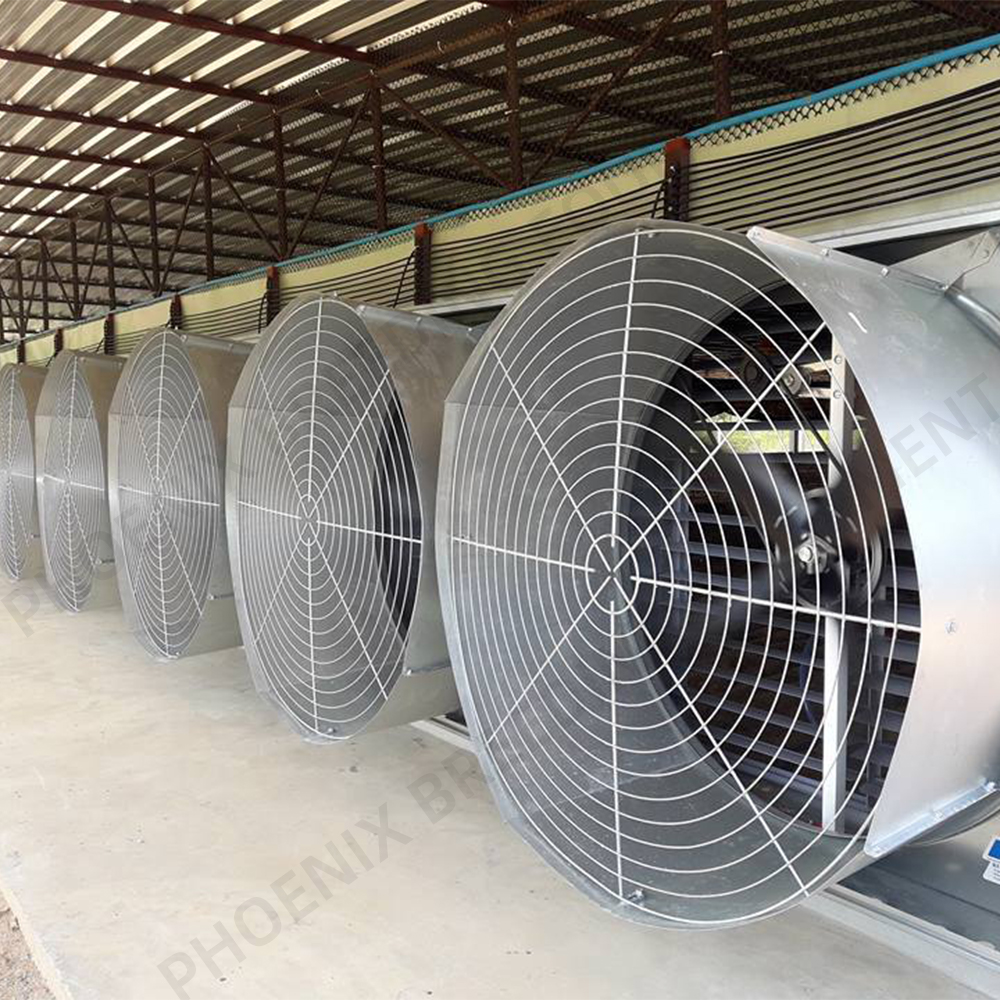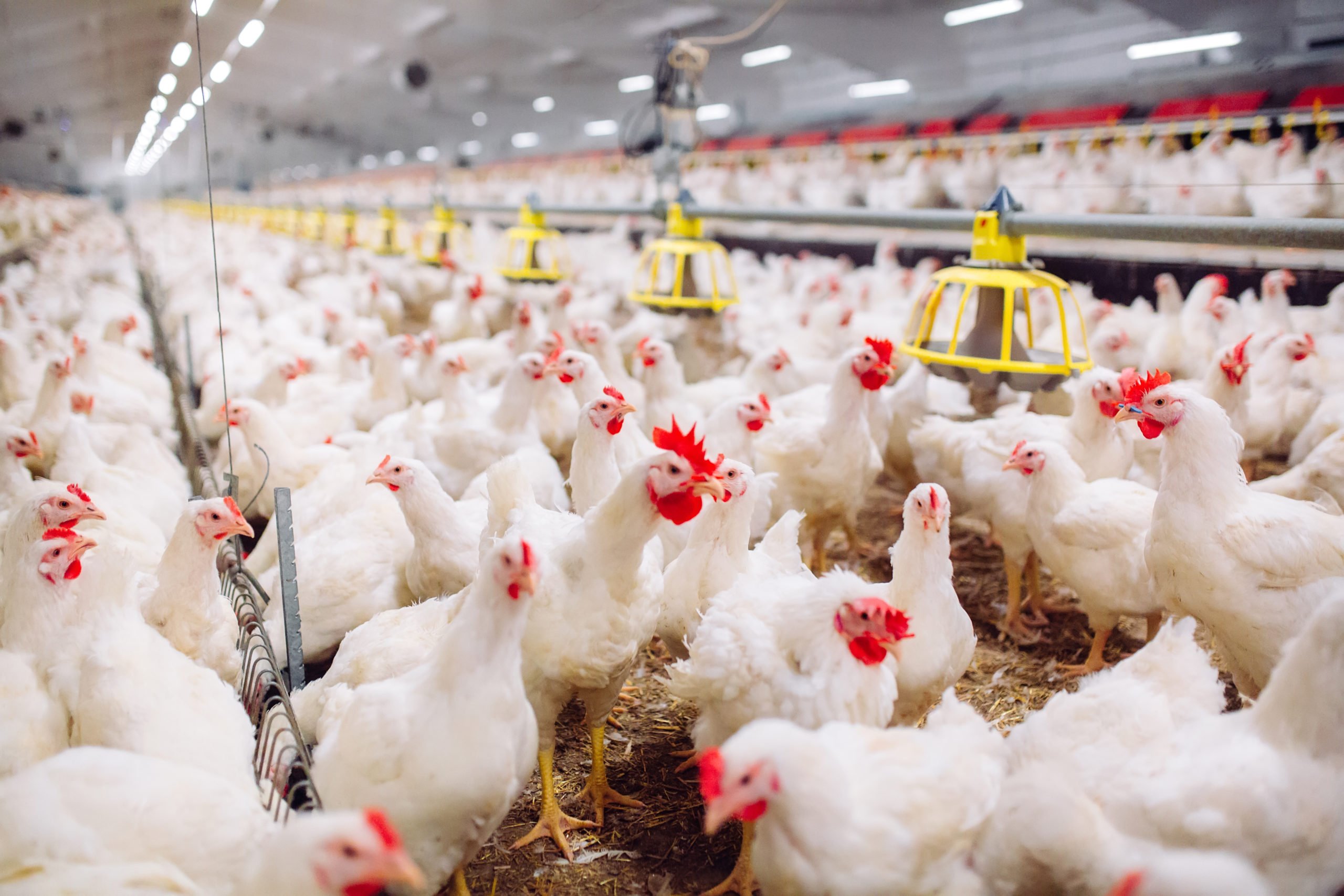News
Water is very important for animal husbandry. Laying hens lack water and egg production decrease, pigs grow slowly when water lacks, and milk production decreases when cows lack water. In order to ensure the normal performance of livestock and poultry production, the best drinking water should be supplied to livestock and poultry for drinking.
The optimal water intake of chickens increases by the age of the week:
For chicks aged 1-6 weeks, supply 20ml-100ml per chicken per day; young chickens aged 7-12 weeks, supply 100ml-200ml per chicken per day; hens that do not lay eggs, Supply 200ml-230ml per chicken per day; for egg-laying hens, supply 230ml-300ml per chicken per day. The ratio of the water intake to feed intake: In normal (20°c) temperature, water intake is twice the feed intake; in a high temperature (35°C) environment, water intake is 5 times the feed intake. The water consumption increases with the increase of the egg production rate; when the egg production rate is 50%, the water requirement of the laying hens is 170 ml per chicken per day; after the egg production rate increases by 10%, the water consumption increases correspondingly by 12 ml. Seasonal changes in the water intake: 100 ml per chicken per day in winter; 200 ml per chicken per day in spring and autumn; 300 ml per chicken per day in summer.
Optimum water intake for beef cattle:
For every 1 kg of feed a cow eats, at -17°C--10°C, he needs to drink 3.5 kg of water; at 10°C--15°C, he needs to drink 3.6 kg of water; at 15°C--21°C, he needs to drink 4.1 kg of water; when the temperature is 21℃--27℃, 4.7kg of drinking water is required; when the temperature is above 27℃, 5.5kg of water is required.
Optimum water intake for sheep:
In the temperature environment of -17℃--27℃, sheep need 2kg-3kg of water for every 1kg of feed they eat.
Optimum water intake for pigs:
The ratio of water intake to feed intake: pigs need to drink 2 kg to 2.5 kg of water for every 1 kg of feed they eat. The water intake varies with the potassium content of the feed: when the feed contains 8 grams of potassium per kilogram, the ratio of the feed intake to water intake is 1:3; when the feed contains 9 grams to 14 grams of potassium, feed intake and water intake The ratio of quantity is 1:4.

Pulished on Feb. 06, 2026

Pulished on Jan. 28, 2026